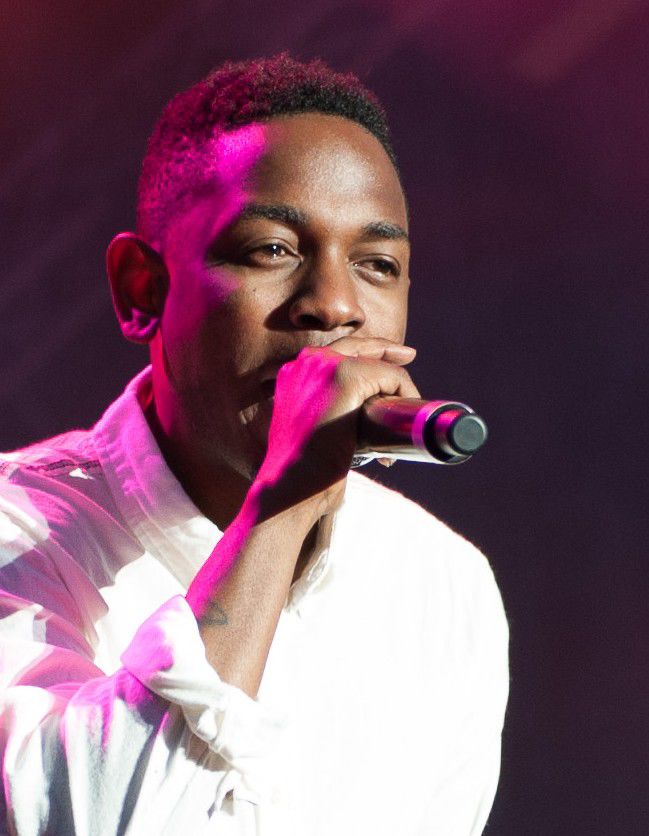Tyrrell: The rap industry needs to stand up against misogyny
September 2, 2018
I was a junior in high school when I first discovered Kendrick Lamar’s “Good Kid, M.A.A.D City,” and rap albums have taken the top spots in my playlists ever since then. Rap, as a genre, is constantly evolving and pushing the limits. The fact that “Luv is Rage 2,” “Big Fish Theory” and “Flower Boy” not only all belong to the same genre but all came out of the same year gives you a taste of the diversity of music that falls under the rap umbrella. I’m in awe of the musical capabilities of rappers, and I think the genre sometimes gives birth to geniuses.
However, I’m not blind to the problems the genre faces, problems that sometimes make it hard to remain a fan. I’m specifically talking to all my ladies out there who know exactly how uncomfortable it feels to sing along to a banger while simultaneously cringing at the derogatory and misogynistic lyrics.
Take Lil Wayne, for example. He’s a rap legend and the king of making monster hits but also consistently breaks his own records for how many times he can call women “b***hes” and “h***” in one song. Screaming along to a banger somehow isn’t as fun when the song reduces your entire purpose as a human to being a sex object.
It isn’t just the lyrics either. The industry itself is a notorious boys’ club that holds female rappers to a much higher standard than men. I get it, we all would rather listen to “Astroworld” than “Queen,” but why is that? From a critical, objective standpoint, the albums are pretty comparable, and Nicki Minaj being a baby on social media is not the reason why her sales tanked. Here’s a hard pill to swallow: no one wants to listen to women rap and even when we do, we critique them on a much harsher scale than their male peers.
It doesn’t take a lot of critical thought to come to the conclusion that maybe in some ways the problems are tied. Representation matters; bring more women into the industry and the industry will become more welcoming to women. But that’s not the only solution. Women can be misogynistic too and when the yardstick for success is how many women you can pull in one night (put in much less kind terms), it’s understandably hard to reach the peaks of success if you’re a woman.
Music reflects culture and I’m in no way trying to pin America’s misogyny problem on rap. But you can’t deny the influence it has on the way we think and act. The fact that some of our culture’s darkest misogynistic corners are in the lyrics of our most popular songs is a major problem. It’s 2018, guys. We should be able to recognize it’s entirely possible to make a hit song without dehumanizing half the population.
For a genre that is full of self-titled geniuses, it seems to be awfully hard for most of them to come up with another synonym for woman besides b***h. But women are people, not objects or status currency. I will not be truly impressed with an artist until he proves that he can wrap his mind around that.







